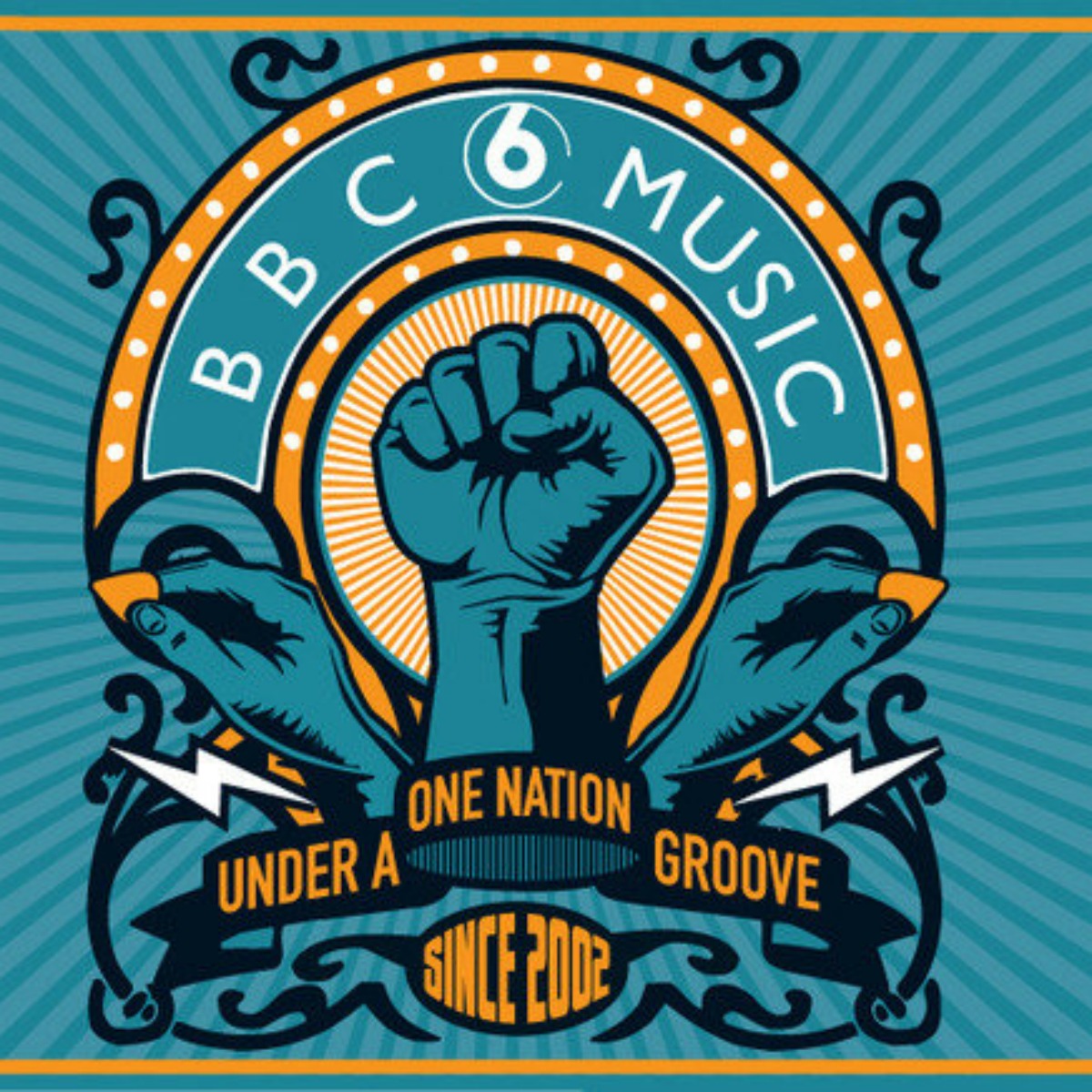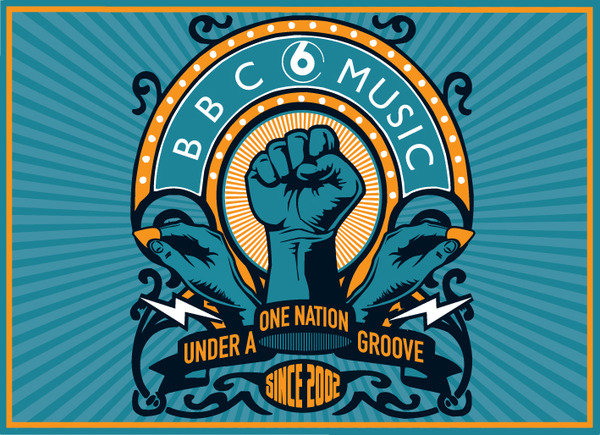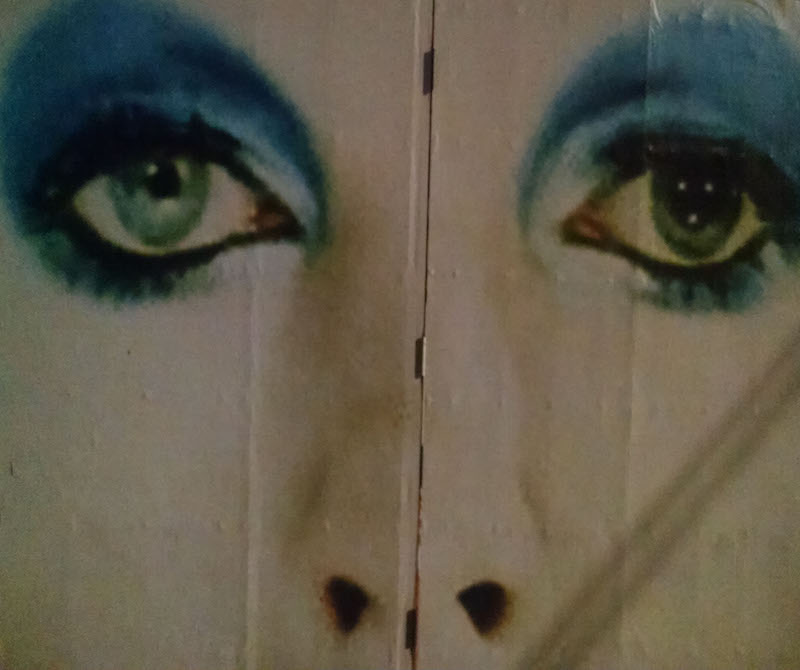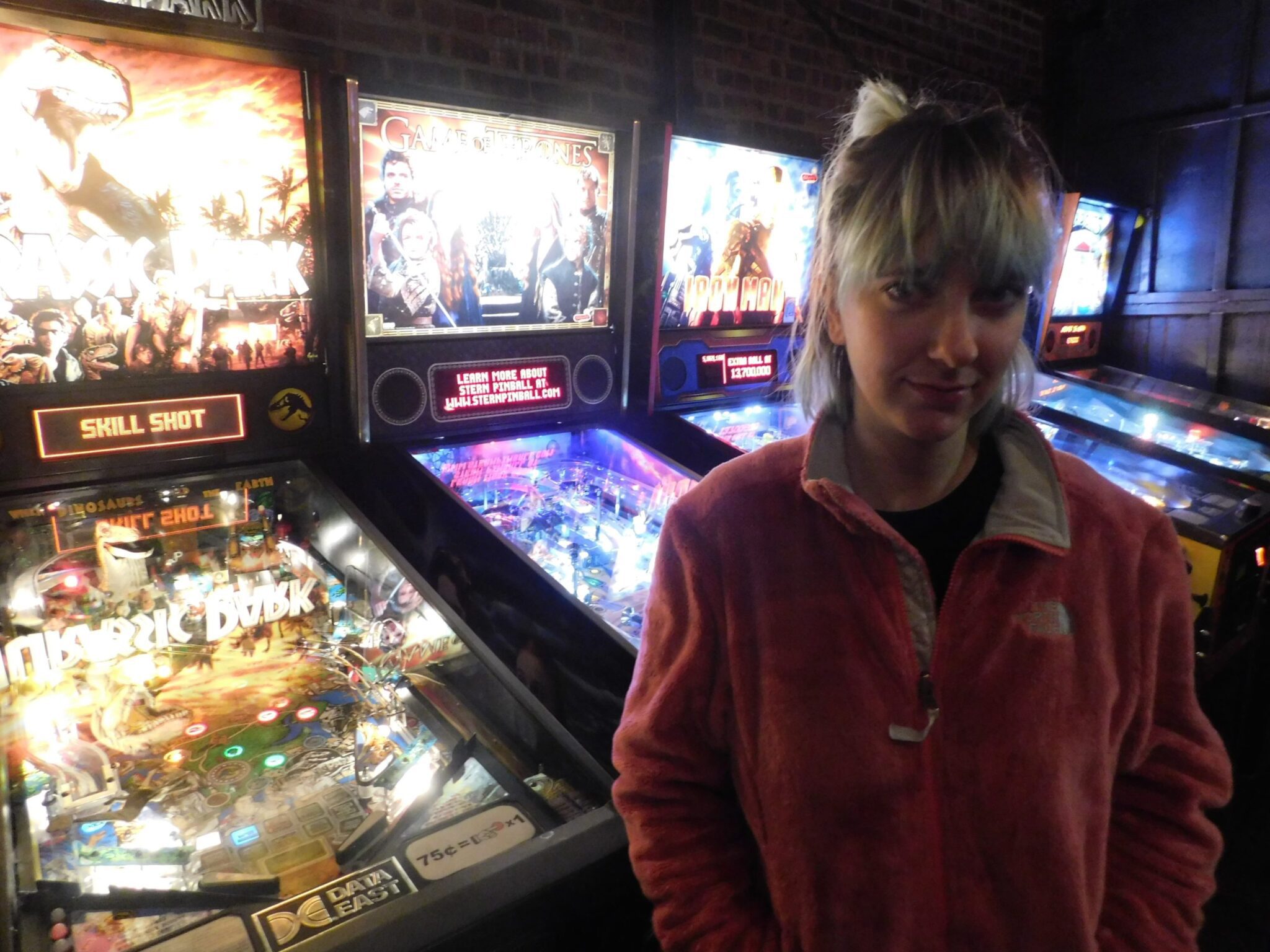
Three years ago, on a dim June morning at 6 AM, I sat next to some toast at a shoddy Formica table. The table was in a damp, smelly kitchen exploding with mounds of used tea bags, soiled dishes, and sagging cilantro. Only, the latter wasn’t called cilantro, it was called “coriander,” because this kitchen was in Hackney, East London. Clapton Pond to be exact. And you couldn’t find “cilantro” in all of England, let alone in Clapton Pond. These early hours were perfectly serene for me. The moments before my two hour bus commute to the Southwestern tip of the city were quiet and sad, but most importantly calm. Sometimes I would see a little fox in the garden, foxing around. Other times I would sit with a journal and stare at its blank pages as if my retinas could burn words into them. Whatever occurred on a given morning, silence was crucial for peace. So there was a real hiccup in this pre-work routine when my affable flatmate Tom would bounce into the kitchen, pour himself a stout cup of coffee, and flip on the radio to BBC 6 Music
There couldn’t have been a more disruptive gesture with which to stab my lame little ritual. It made me uneasy, serrated with nerves – until I took a moment to actually listen. When I did, it struck me that what was playing was good. Really good. It wasn’t an online podcast, or a publicly funded radio station with biannual pledge drives. This was the BBC, once the home of John Peel. A government subsidized program, playing the likes of Wire, Kiran Leonard, and Stump at six in the morning. Was it for real?
Before long I was the one turning the dial to 6 Music at the crack of dawn, beating Tom to the punch. On weekends, all of my desire to get out of the neighborhood was extinguished by that four hour round trip commute Mon-Fri, and I would often sit in the kitchen for half of the day with a notebook and the radio. I pretended it wasn’t 2013, pretended that the DJs were my only source of know-how, like when Peel ruled the airways.
It is rare that we ingest contemporary culture alongside a hearty helping of surprise. We know the T.V. schedule, we oversee our own Netflix and HBO viewings, we cherry pick song by song on Spotify. Independent radio stations-not Top 40, but rather the few programs that exist outside of the mainstream-are true arbiters of surprise. You never know what will come next, and that is a scarce thing to come across today. The anticipation that perhaps the following track will be by your new favorite band…there is some dose of fate in that, even for someone who doesn’t really believe in fate.
I eventually became obsessed with the station, rolling into work a little later because I simply had to hear the end of that song, and find out who sang it. I began making unwieldy lists of everything I heard, a habit I maintain to this day. The dawn’s greatest priority was still coffee, but the radio was a close second. I was transfixed…how could something so perfect, so seemingly tailored to my tastes exist?
Founded in 2002, BBC 6’s slogan claims that it is “The place for the best alternative music. From indie pop and iconic rock to trip hop, electronica and dance with great archive music sessions, live music concerts and documentaries.” Somehow that statement still seems to be putting it lightly.
Their roster of DJs boasts names like Iggy Pop, Jarvis Cocker, The Fall’s original bassist Marc Riley (my personal favorite) and John Peel’s own flesh and blood: his youngest son Tom Ravenscroft, who turned me on to the likes of Girl Band and Maribou State. This is of course, the tip of the proverbial iceberg, as every host I’ve come across is either a renowned musician, journalist, or producer of some merit. Brush gently at the surface of any 6 Music presenter and you will uncover a rich history in popular culture. These aren’t merely critics, but fans; giddy enthusiasts with the entire BBC archives, Peel sessions, and exclusive interviews at their fingertips.
Their 24/7 programming spans every genre imaginable, sometimes encapsulated in more flavor-specific shows like Stuart Maconie’s Freak Zone and Nemone’s Electric Ladyland. Other times musical styles seem to be picked at random, the only consistent link being the superior quality of each track. One time I heard The Fall in the same set as Tribe Called Quest, which was only to be followed by Kate Tempest. It’s this kind of unfaithfulness that I can appreciate when it comes to record collecting.
If you and I have had a chat about music since June of 2013, chances are you’ve endured me waxing fanatical about this radio station. Not everyone dove right into it, but those who did always mention it when we cross paths. And often, they’ve found their own pocket of programming that I myself have yet to explore. One such convert informed me that he is hooked on Jarvis Cocker’s Sunday Service, a real Christmas dinner of a show featuring not only oddball tunes, but short stories, bits of radio plays, off-kilter sound effects, and of course, Jarvis’s velveteen voice to guide you through it all.
It seems safe to say that if it weren’t for 6 Music, it may have never occurred to me to have a crack at music journalism. Beyond that, I wouldn’t know or enjoy as much, and this goes for contemporary as well as veteran bands. My world would very likely exclude newcomers such as Happyness, Ezra Furman, and Meilyr Jones, all of whom have cropped up on my “Favorite New Artists” list. Some I’ve seen live, others I’ve interviewed; all have moved me to write about them in the hopes that some searching eye will come across my enthusiasm the same way my ears heard the excitement of the 6 Music DJs.
Although the more obvious takeaway has been finding more music to cram in my brain, there has been a much greater reward from listening to this station, and that is the optimism it’s restored in me as a music lover. A good decade of my pre-college life was dedicated to the discovery and devouring of music, and yet when I moved to New York something snapped. I assumed everything was over. There would never be another Smiths, blah blah blah. It was a juvenile stance to take, and one I hope I’ve completely scrubbed myself of. Because if there is anything that BBC 6 has taught me, it’s that people will never stop making music, and through the science of probability, there will always be at least some good music, some great music even. There never was a “day the music died,” just a constant costume change in a perpetual sonic play. There will never be nothing to listen to. You’ve just got to look harder.





